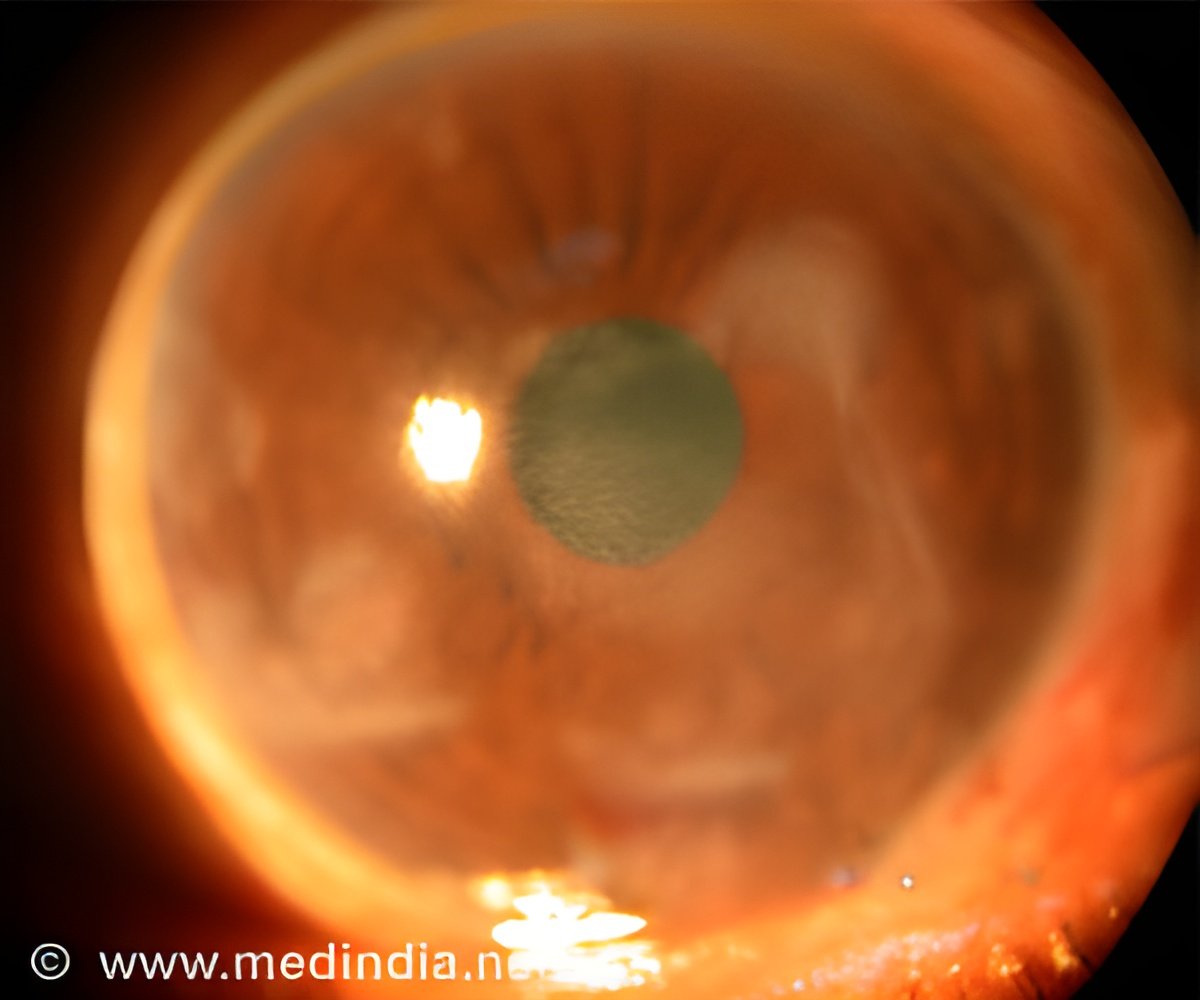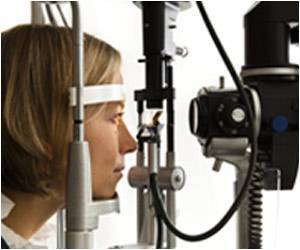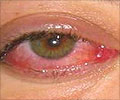It is noted that 10 percent cases of corneal transplants, on an average, fail, and a second attempt is very rarely successful

Researchers at UT Southwestern Medical Centre discovered that corneal transplants in mice were accepted 90 percent of the time when the action of an immune system molecule called interferon-gamma (IFN) was blocked and when the mice shared the same major histocompatibility complex (MHC) genotype as the donor cornea.
MHC matching is not typically done with human corneal transplants because of a high acceptance rate.
"Our findings indicate that neither MHC matching alone nor administration of anti-IFN antibody alone enhances graft survival. However, we found that when MHC matching is combined with anti-IFN therapy, long-term corneal transplant survival is almost guaranteed," said Jerry Niederkorn, professor of ophthalmology and microbiology at UT Southwestern and senior author of the study.
Lead author of the study was Khrishen Cunnusamy, a former postdoctoral researcher in Niederkorn's lab and current UT Southwestern medical student.
The study, appeared in American Journal of Transplantation, suggested an option to improve the odds of a subsequent corneal transplant's success for those patients whose first transplant was rejected.
"Before a clinical trial can be launched to verify the results obtained in mice, further study is needed," he added.
 MEDINDIA
MEDINDIA



 Email
Email





